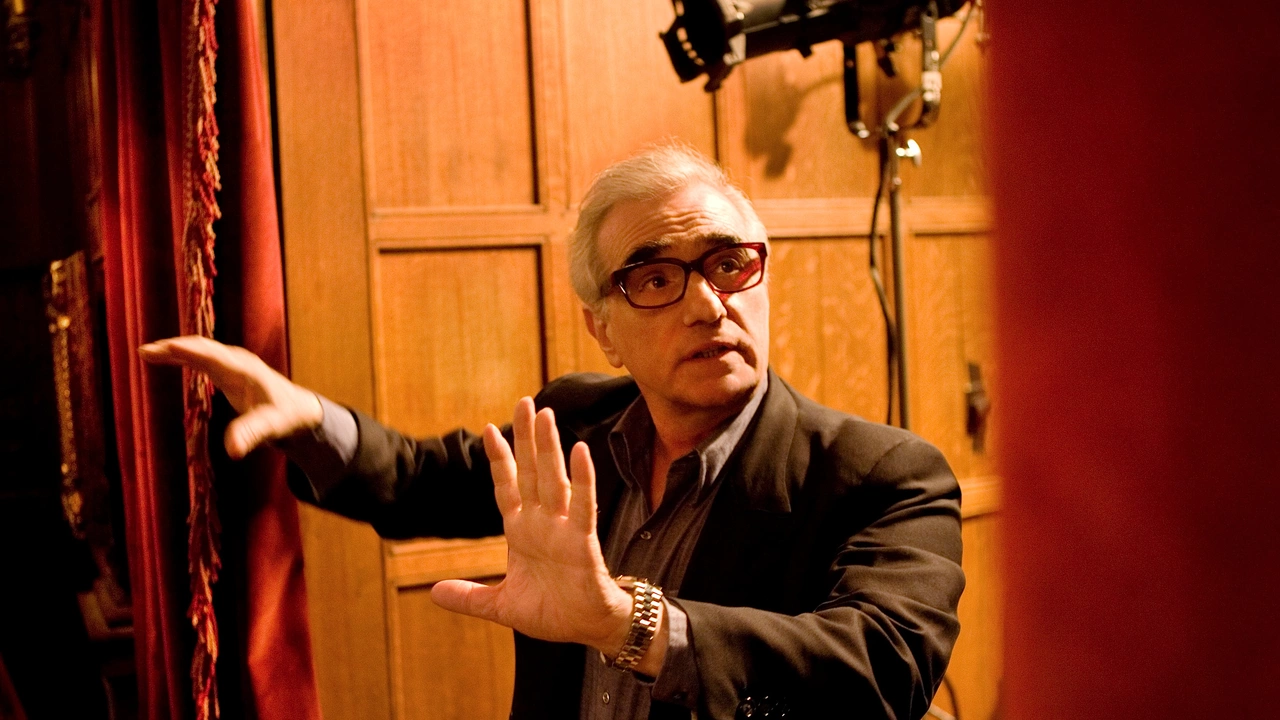Screenwriter: Role, Tips & Top Indian Film Writers
If you love movies and catch yourself thinking about how the story lands on screen, you’re already thinking like a screenwriter. In Indian cinema the screenwriter is the person who builds the story, writes the dialogues, and decides the beats that keep the audience glued. Whether it’s a masala blockbuster or a quiet indie drama, the script is the backbone. This page gives you a quick rundown of what screenwriters actually do, how you can start, and which Indian writers are worth studying.
What Does a Screenwriter Do?
A screenwriter turns an idea into a full‑fledged script. First comes the outline – a rough map of the plot, characters, and key scenes. Next, the writer fleshes out each scene, writes dialogue, and adds notes for the director and editor. In Bollywood, the script often includes song placements and choreography cues, so the writer works closely with the music director too. The draft goes through several revisions before it’s green‑lit, and the writer may be asked to tweak it during shooting.
How to Become a Screenwriter in India
There’s no single path, but a few steps can fast‑track you. Start by watching a lot of films – notice how the story flows, where the tension rises, and how characters evolve. Write short scripts or scenes every week; practice is the only way to get your voice right. Enroll in a film school or take an online screenplay course; many Indian institutes now offer specialized scriptwriting modules. Join writer’s groups on social media, share your work, and accept feedback. Finally, submit your script to contests like the NFDC Screenwriting Competition – a win can open doors.
Networking matters a lot. Attend film festivals such as the Mumbai Film Festival or the Delhi International Film Festival. Talk to directors, producers, and fellow writers. A simple coffee chat can lead to a co‑writing gig or a mentor who guides you through the industry’s quirks.
When you’re ready, prepare a tight pitch document: a logline, a brief synopsis, and a few sample pages. Producers in Bollywood often decide based on that one‑page pitch, so make it punchy and clear. Keep your contact details professional – an email address with your name, not a nickname.
Famous Indian screenwriters can teach you a lot. Names like Gulzar and Javed Akhtar have shaped Hindi cinema for decades. Newer voices like Anvita Dutt and Juhi Chaturvedi bring fresh, witty dialogues to contemporary films. Study their scripts if you can find them online or in books. Notice how Gulzar uses metaphor, how Akhtar balances drama with humor, and how Dutt captures everyday life with sharp wit. These patterns will help you develop your own style.
Here are three quick tips to improve your screenplay now: 1) Keep scenes focused – a scene should have a clear purpose, whether it moves the plot or reveals character. 2) Write dialogue that sounds like real people; read it out loud to catch stilted lines. 3) End every act with a hook – a question or conflict that forces the audience to want more. Apply these and you’ll see your drafts tighten up fast.
Screenwriting in India blends storytelling tradition with modern techniques. Whether you aim to write a blockbuster or an indie gem, the core skills stay the same: strong characters, a compelling arc, and dialogues that resonate. Use this guide as a starter, keep writing, and soon you’ll see your name on a movie credit.
Well, hello there, movie buff! We're delving into the treasure trove of cinema today, specifically the masterpieces penned by none other than Martin Scorsese himself. He's the maestro behind the scripts of some pretty awesome flicks like "Goodfellas", "Raging Bull", and "Mean Streets". And let's not forget his co-writing magic in films like "The Age of Innocence" and "Casino". So, grab your popcorn and buckle up, because a Scorsese-scripted ride is always a thrilling journey of cinematic genius!
Jul, 31 2023
